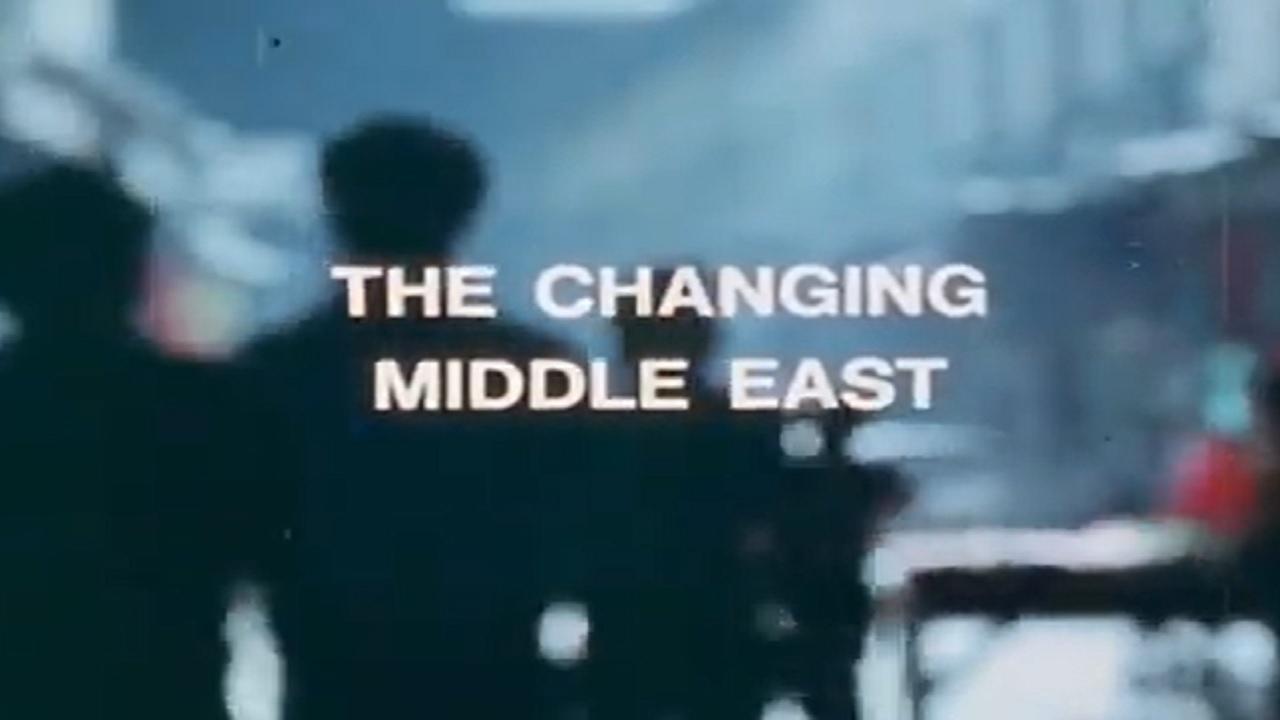
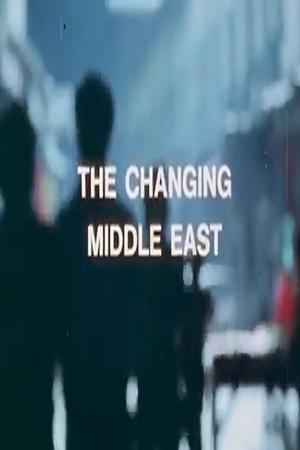
The Changing Middle East(1975)
Discusses the history of the Middle East. Contrasts old ways with the new in agriculture, industry, etc. in emphasizing the changing image of this part of the world.
Movie: The Changing Middle East
Top 1 Billed Cast
Narrator

The Changing Middle East
HomePage
Overview
Discusses the history of the Middle East. Contrasts old ways with the new in agriculture, industry, etc. in emphasizing the changing image of this part of the world.
Release Date
1975-01-01
Average
0
Rating:
0.0 startsTagline
Genres
Languages:
Keywords
Similar Movies
 0.0
0.0A State of Passion(ar)
A feature-length documentary film by Carol Mansour and Muna Khalidi. After 43 horrific days working round the clock under constant bombardment in the emergency rooms of Gaza’s Al Shifa and Al Ahli hospitals, British-Palestinian reconstructive surgeon, Dr. Ghassan Abu Sittah, emerged to find himself as a face of Palestinian resistance.
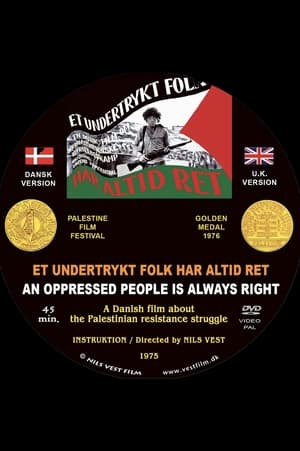 7.0
7.0An Oppressed People Is Always Right(da)
In May 1974, the Israeli Air Force carried out an extermination operation against the Palestinian refugee camp Nabatiyeh. With this as a starting point, it is reviewed how the last 50 years of Zionist colonization of Palestine have partly led to the establishment of the state of Israel, partly to the expulsion of a people, the Palestinians, from their land. The film shows scenes of daily life in Palestinian refugee camps. We hear various of the inhabitants talk about their desire to return to their country, and we follow how the resistance movement works to free women from their traditional backward role. At the same time, the emergence of the armed resistance struggle is analysed, and the significance of the latest military technological developments for guerilla wars in the 3rd world is explained.
 10.0
10.0Breaking Bread(en)
In Breaking Bread, exotic cuisine and a side of politics are on the menu. Dr. Nof Atamna-Ismaeel - the first Muslim Arab to win Israel's MasterChef - is on a quest to make a social change through food. And so, she founded the A-sham Arabic Food Festival in Haifa. There, pairs of Arab and Jewish chefs collaborate on mouthwatering dishes like kishek (a Syrian yogurt soup), and qatayef (a dessert typically served during Ramadan), as we savor the taste of hope and discover the food of their region free from political and religious boundaries.
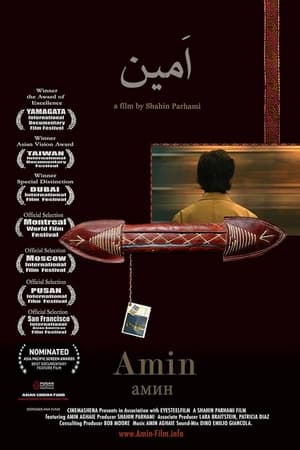 0.0
0.0Amin(en)
AMIN portrays Qashqai musician Amin Aghaie, a young modern nomad and his family who despite facing steep financial, cultural and political obstacles are dedicated to their art and culture. Amin travels to remote towns and villages to record the music of the surviving masters whose numbers decline each year. His nomadic family are selling their meager belongings to help support their son's education in performance and ethnomusicology at Tchaikovsky's Conservatory in Kyiv, Ukraine, but it is not enough. Amin, desperate to finish his academic education, sells his violins one at a time just to pay for his tuition.
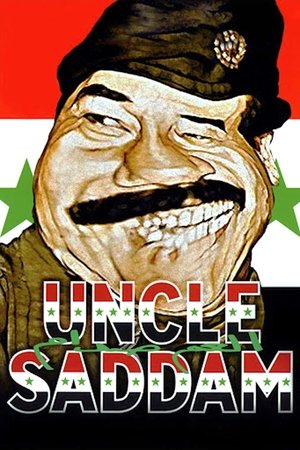 5.9
5.9Uncle Saddam(en)
Everything you've ever wanted to know about Saddam Hussein (but were afraid to ask).
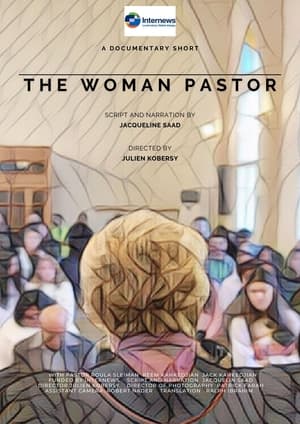 0.0
0.0The Woman Pastor(en)
In a community of a Muslim majority, the first woman pastor in the Middle East leads a parish in one of the poorest city of the Mediterranean, in the heart of Tripoli, North Lebanon.
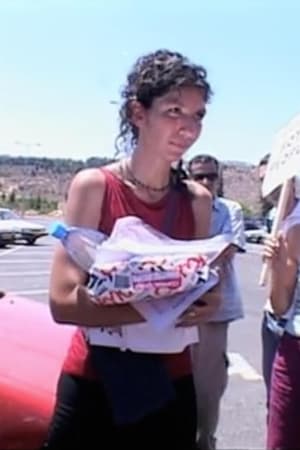 0.0
0.0Forbidden to Wander(en)
Forbidden to Wander chronicles the experiences of a 25-year-old Arab American woman traveling on her own in the occupied territories of the West Bank and Gaza Strip during the summer of 2002. The film is a reflection on the complexity of Palestinian existence and the torturously disturbing "ordinariness" of living under constant curfew. The film's title reflects this, as the Arabic words used to describe the imposed curfew "mane' tajawwul" literally translate as "forbidden to wander". The video is also the journey of personal discovery for the filmmaker, the wanderer who falls in love with a Palestinian man in Gaza.
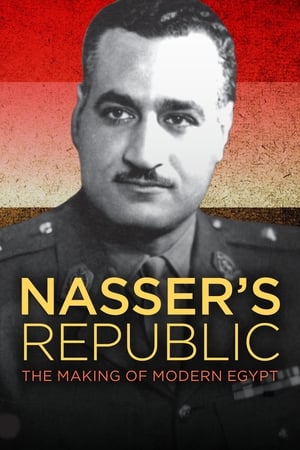 0.0
0.0Nasser's Republic: The Making of Modern Egypt(en)
In 1952 a young Egyptian colonel named Gamal Abdel Nasser led a coup that became a revolution, winning the support of millions of his countrymen. Over the next 18 years he challenged Western hegemony abroad, confronted Islamism at home, established the region’s first military authoritarian regime, and faced deep divisions among the Arabs.
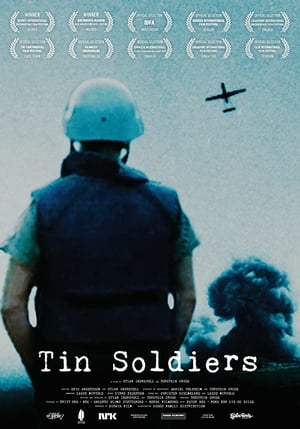 0.0
0.0Tin Soldiers(no)
A group of young UN soldiers in Lebanon enters service with pro-Israeli views and a naive outlook on war. They go through a radical change of heart as they witness and film the Qana massacre. They secure video evidence indicating that Israel deliberately bombed a UN camp killing 106 refugees.
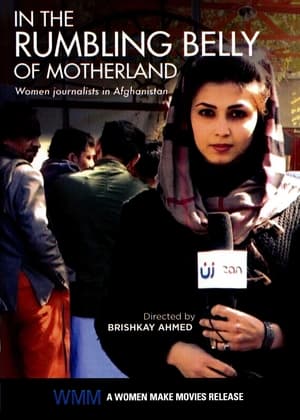 0.0
0.0In the Rumbling Belly of Motherland(fa)
As the U.S. planned to withdraw troops from Afghanistan in September 2021, Canadian-Afghan filmmaker and journalist Brishkay Ahmed was filming IN THE RUMBLING BELLY OF MOTHERLAND. Revealing the ongoing dangers for women reporters, and the extraordinary risks they take, this brave film provides an in-depth look into Zan TV, Kabul’s female-led news agency. A professional journalist herself, Ahmed documents both the harrowing and inspiring work of young, female journalists over the course of the two-year lead up to the Taliban takeover of Afghanistan. Following parallel news stories as they unfold – two sets of national elections as well as ongoing U.S.-Taliban peace talks – the film reveals the daily hurdles Afghan female reporters and media staff face, underscoring the existential current events that threaten both Zan TV as a media outlet and the livelihoods of the women at its heart.
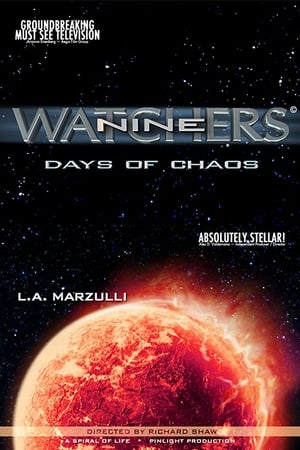 0.0
0.0Watchers 9: Days of Chaos(en)
WATCHERS NINE, DAYS OF CHAOS attempts to pull together a team of experts to try and answer some of the most disturbing questions about the times in which we live. Host/Author L.A. Marzulli covers many topics of interest: Dr. Brooks Agnew tells us about EMPs and Jade HELM. We investigate the bee die-off, the 7 year drought in California, violence increasing, Director Richard Shaw found aliens in the Kumburgaz UFO footage and shows how he did it, a pastor in Iran tells us that Yeshua is visiting
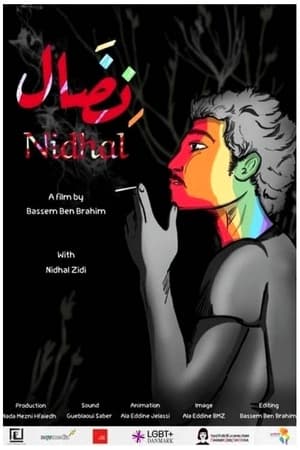 1.0
1.0Nidhal(ar)
Between reality and animation, the story of Nidhal is told, a young homosexual Tunisian who defended individual freedoms in Tunisia through his work in radio. He found himself under a lot of pressure which forced him to leave the country and seek asylum in the Netherlands.
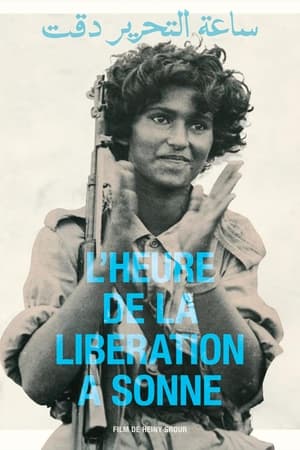 6.4
6.4The Hour of Liberation Has Arrived(ar)
In the late 1960s, Dhofar rose up against the British-backed Sultanate of Oman, in a democratic, Leninist guerrilla movement. Director Heiny Srour and her team crossed 500 miles of desert and mountains by foot, under bombardment by the British Royal Air Force, to reach the conflict zone and capture this rare record of a now mostly-forgotten war.
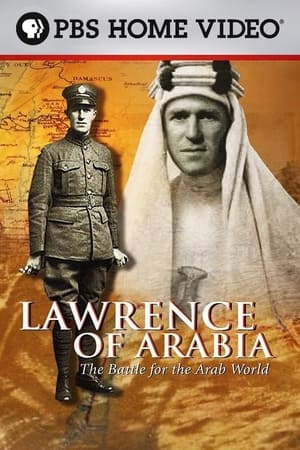 0.0
0.0Lawrence of Arabia: The Battle for the Arab World(en)
An exploration into the man behind the film-inspired myth, from both Western and Arab perspectives. Thomas Edward Lawrence, a 24-year-old British spy, was a figurehead in the Arab struggle for independence. In 1916, he united Arab tribes and led them in a war against the Turks who ruled over them for 400 years. The consequences of his successes and failures sowed the seeds of conflict that continue to plague the troubled region even today.
The Roots of the Mideast Conflict(en)
DVD #3 of Psalm.83: The Missing Prophecy Revealed, by Bill Salus; The present hostilities experienced in the Middle East between the Arabs and Jews can be traced to a disposition of hatred, originating almost four thousand years ago. In this teaching video, Bill Salus explains how the ancient family feuds between the Middle East patriarchs and matriarchs are the underlying roots of today's Arab-Israeli conflict. Find out what nations were formed from their loins and why their descendants still covet the rich content of father Abraham's unconditional covenant.
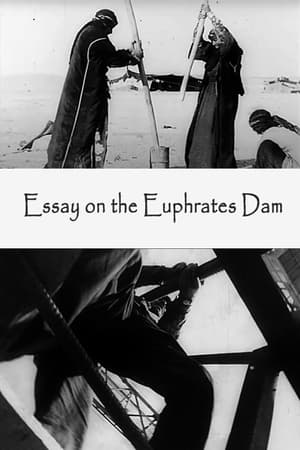 2.5
2.5Film-Essay on the Euphrates Dam(ar)
The construction of a dam on the Euphrates River is an example of a country’s economic development. Through grandly composed images, rhythmic editing, and aestheticized details, the director demonstrates his admiration for the interwar avant-garde. The film is a celebration of the new, while at the same time showing a traditional way of life and calling attention to working conditions; it is a refrain-like evocation of an arid country that explores the difficult lot of Syria’s rural inhabitants.
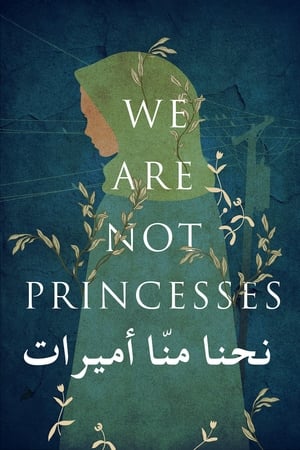 0.0
0.0We Are Not Princesses(ar)
We Are Not Princesses is a documentary film about the incredible strength and spirit of four Syrian women living as refugees in Beirut as they come together to tell their stories of love, loss, pain and hope through the ancient Greek play, Antigone.
 7.7
7.7Waltz with Bashir(he)
An Israeli film director interviews fellow veterans of the 1982 invasion of Lebanon to reconstruct his own memories of his term of service in that conflict.
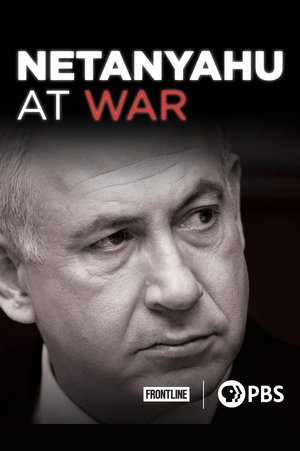 8.0
8.0Netanyahu at War(en)
The inside story of the bitter clash between President Obama and Israeli Prime Minister Netanyahu. Amid violence in the Middle East, the film traces Netanyahu's rise to power and his high-stakes fight with the president over Iran's nuclear program.
 10.0
10.0Bil'in Habibti(en)
The Israeli filmmaker Shai Corneli Polak records the building of the 'security wall' through Palestinian territory at the village of Bil'in. The villagers protest mostly peacefully, while the Israeli army doesn't react peacefully. By now the Israeli High Court has ruled that the building of the wall was illegal.